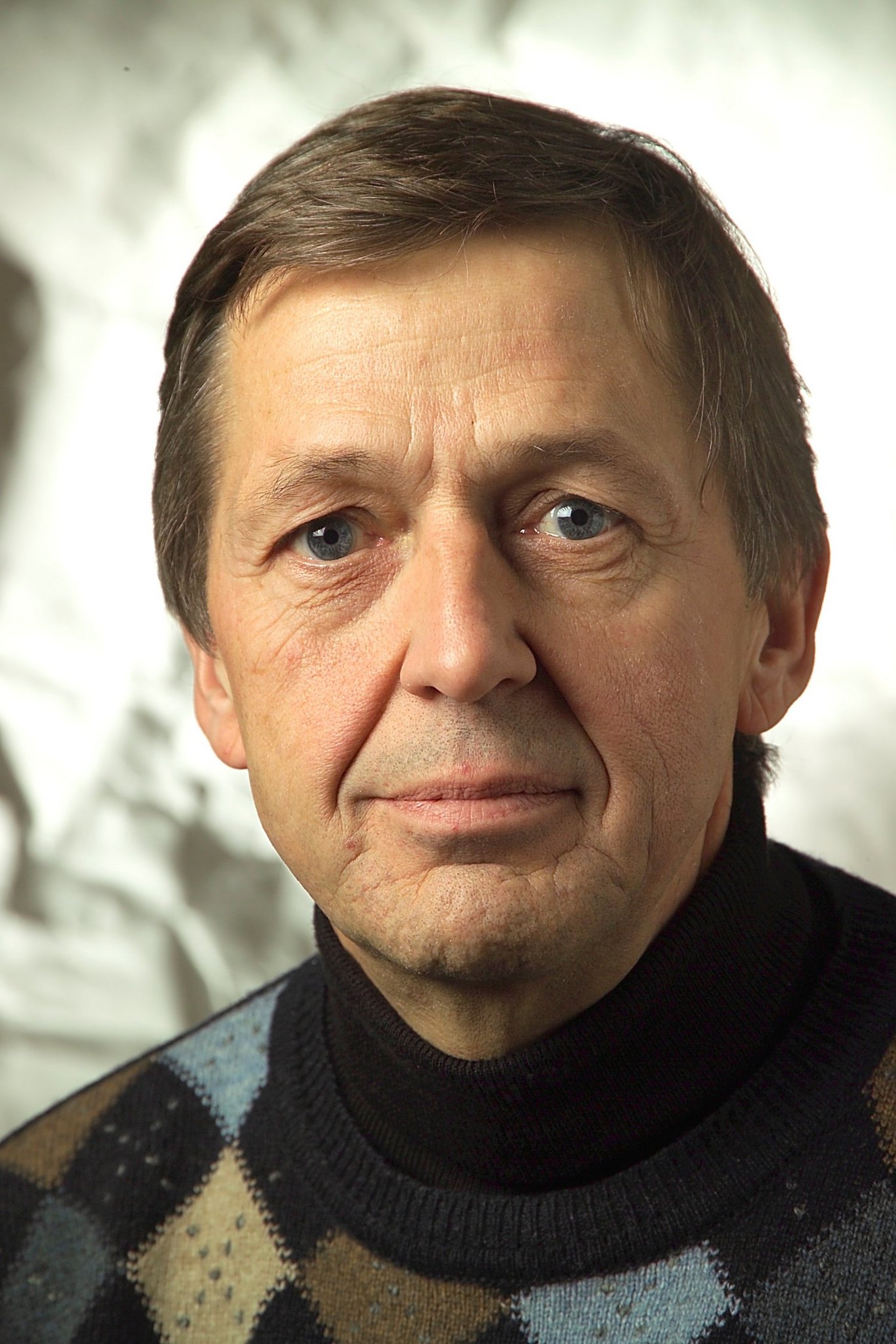Internationalization, accessibility and greater visibility
Profound knowledge in a broad range of fields will ensure a leading international position for Business and Social Sciences, predicts Frank Pedersen, Vice-Dean of Knowledge Exchange at Business and Social Sciences. But we need to draw more attention to the strong academic profile that we already possess.

Knowledge exchange: Interview with Vice-Dean Frank Pedersen
”To put it briefly, I am dedicated to two things: internationalization and accessibility”, says Vice-Dean Frank Pedersen at the end of an interview focusing on the future perspectives on knowledge exchange in the new organizational structure at Business and Social Sciences.
He is convinced that the broad business school and the profound social science disciplines in combination will create a platform that will allow Business and Social Sciences to take a strong international position, and he predicts that major international companies and organizations will increasingly notice and demand graduates, teaching activities and knowledge exchange from Aarhus.
”We must get better at communicating our profound knowledge in a broad range of fields. Obviously, the increased volume will make it easier for us to get in contact with international companies and to enter into strategic agreements with universities outside Denmark”, says Frank Pedersen.
He mentions the International Master of Science in Quantitative Economics (IMSQE) as an outstanding example of a targeted programme which specifically addresses the financial sector worldwide, where quantitative skills are in very high demand. He also believes that the demand for knowledge on general management, and public management in particular, will be even further increased with the establishment of the Centre for Governance in the new organizational structure.
Organizational structure must reflect the global room
Aarhus University’s organizational structure must reflect the global room; companies do business across borders, structures and cultures, and branches are located in many different parts of the world. Breaking down the former structure will facilitate collaboration across the entire university and thereby generate new knowledge, but will also make Aarhus University more accessible to companies and organizations, according to Frank Pedersen:
”Aarhus University’s former structure was in many ways reaching back to medieval times, but our degree programmes, research and organizational structure must also reflect the modern global society. I see this as an outstanding opportunity for us to create a new organization, which is comparable to only very few others in the world”, says Frank Pedersen.
Accreditations concern quality assurance
International accreditations will be one of the building blocks at Business and Social Sciences. The aim is to acquire full EQUIS and AACSB accreditations for the entire main academic area.
”EQUIS and AACSB are absolutely the most important accreditations for us to hold, while the British AMBA is more narrow since accreditation is limited to include only MBA/MPA programmes. Presentation and analysis of our broad business school is a major effort, but we must also keep in mind that the marked distinction between public and private enterprises is currently breaking down. The new structure at Business and Social Sciences will reflect precisely this trend. We will become a broader school, but we will also have much more profound academic knowledge in all fields”, says Frank Pedersen.
Even though accreditation processes tend to place heavy demands on the applying institution, he is certain that accreditations will not control the individual research projects of faculty members.
”The core duty of faculty is to deliver high-quality research. Accreditation is a tool for us to increase our international visibility and to confirm our high quality, but accreditation also presents a systematic approach to quality development within the organization, and therefore we must also use assessment reports to boost motivation and mobilize internal resources in our organization”, says Frank Pedersen.